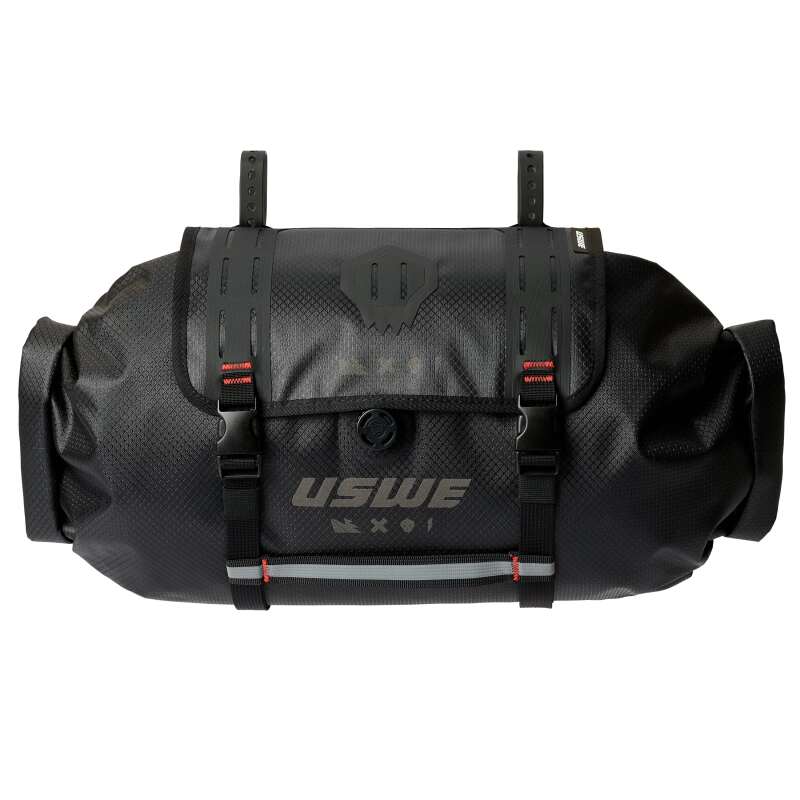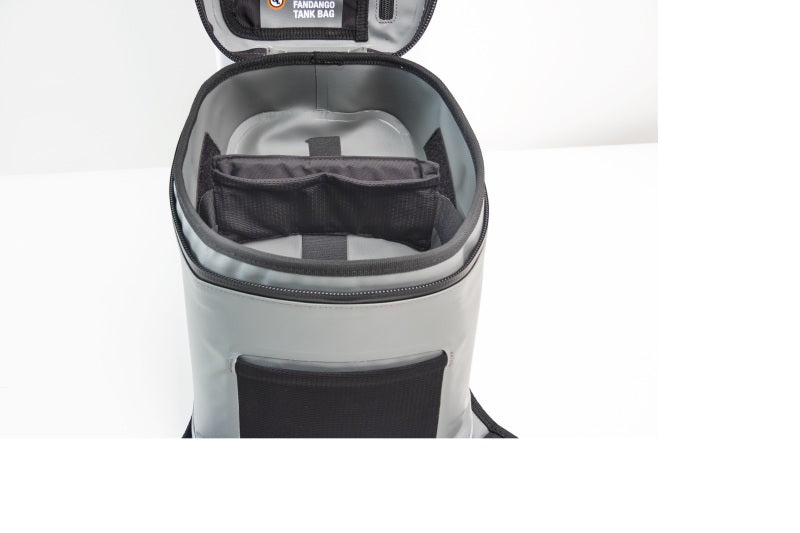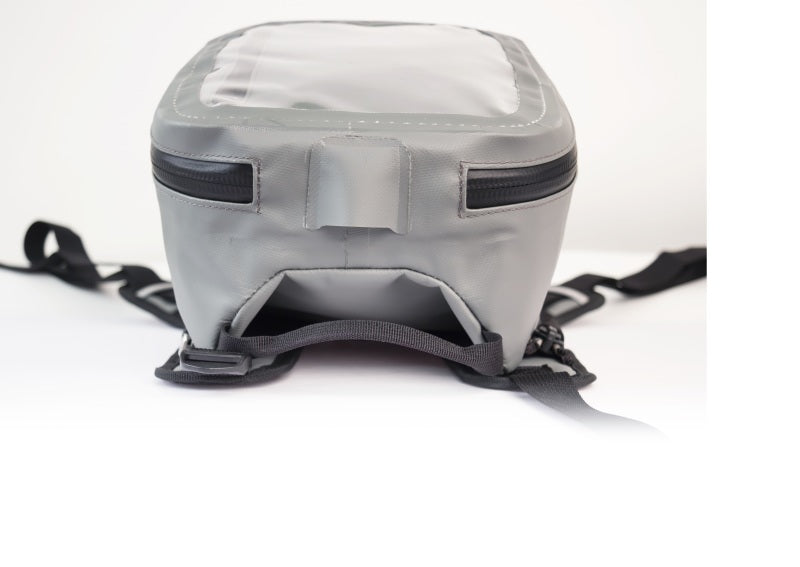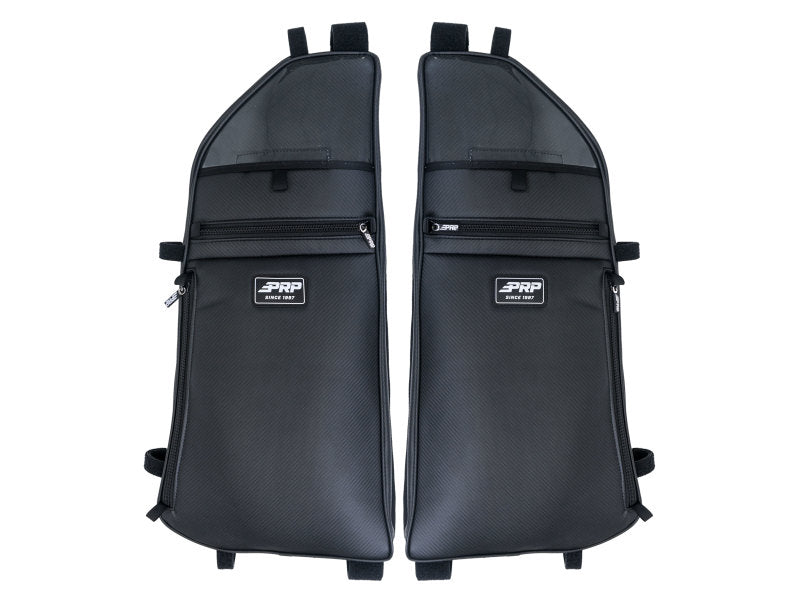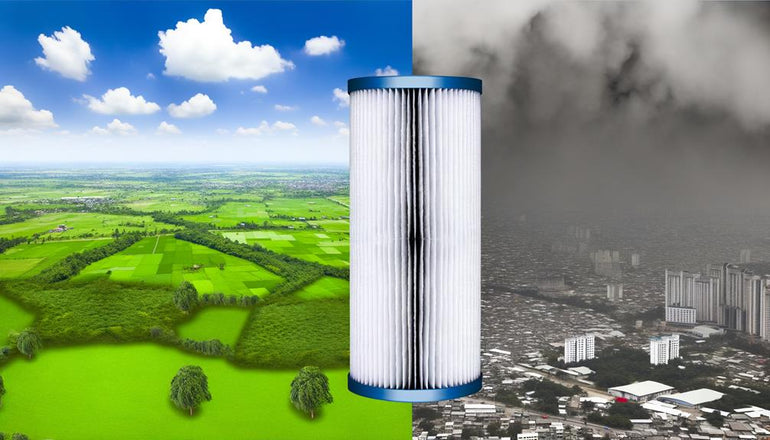The life of your air filter depends on if you live in a city or the countryside. In cities, there's more pollution from cars, factories, and building work, so you'll have to change your air filters more often because the dirt and pollutants make them dirty quicker.
On the other hand, in the countryside, the air is cleaner, so your air filters won't need changing as much, which saves money over time. Knowing how your living area affects your air filter will help you keep the air in your home clean. Understanding this will make it easier for you to take care of your air filter.
Key Takeaways
- Urban areas have higher pollution from traffic and industry, reducing air filter lifespan.
- Rural environments, with cleaner air, lead to longer air filter longevity.
- Frequent filter maintenance is necessary in urban settings due to increased pollution levels.
- New technology in air filters improves their performance in cities and the countryside.
- Dust, pollen, and pollution from factories greatly increase how often filters need to be changed.
Air Quality Variations
Air quality is usually worse in cities than in the countryside because of more cars and factories. This means people in cities need to change their air filters more often to keep the air clean, as the filters get dirty quicker from small particles (PM2.5) and ozone pollution.
In the countryside, the air is cleaner and has fewer pollutants, so air filters last longer and work better. Whether you live in a busy city or a quiet rural area, it's important to know how often to change your air filters to make sure you always have clean air to breathe.
Urban Pollution Sources
Frequently, you'll find that urban areas are bustling with pollution sources, including traffic emissions, industrial activities, and construction dust, which all contribute to the rapid deterioration of air filters.
- Traffic Emissions: Vehicles release nitrogen oxides and volatile organic compounds, greatly impacting urban air quality.
- Industrial Activities: Factories emit sulfur dioxide and particulate matter (PM2.5), which are harmful to both outdoor and indoor air environments.
- Construction Dust: Urban development projects increase levels of PM2.5 and construction-related pollutants, further degrading air filter effectiveness.
- Indoor Air Quality: The infiltration of these pollutants into buildings necessitates more frequent air filter replacements to maintain a healthy indoor environment.
Understanding these urban air pollution sources is key to mastering air filter maintenance and ensuring ideal indoor air quality.
Rural Air Purity
In rural areas, the air is cleaner because there are fewer sources of pollution. This happens because there's less industry around to add pollutants to the air. This clean air is not only good for the environment but also makes air filters last longer. Since there are fewer pollutants, air filters don't have to work as hard and can stay effective for a longer time.
| Factor | Impact on Rural Air Filters |
|---|---|
| Air Quality | Better due to lower pollution levels |
| Pollution Sources | Minimal, leading to cleaner air |
| Industrial Activities | Reduced, contributing to better air quality |
| Airborne Contaminants | Lower levels, aiding in filter efficiency |
| Air Filter Longevity | Potentially longer due to cleaner air |
Filter Longevity Factors
Knowing what affects the lifespan of air filters is very important for keeping the air inside clean. Here are the essentials for good air filter care:
- Air Pollution Levels: Urban areas, with higher pollution, often require more frequent filter replacements compared to rural settings.
- Environmental Conditions: Rural areas might enjoy extended air filter lifespan due to generally lower pollution levels.
- Impact of Dust, Pollen, and Industrial Emissions: These elements greatly influence filter effectiveness, necessitating adjustments in your filter replacement strategy.
- Optimal Replacement Schedule: Evaluating the specific environmental conditions of your area helps pinpoint the most effective schedule for filter replacements, ensuring you're always breathing the cleanest air possible.
Particulate Matter Impact
Air filters don't last as long in cities because there's a lot of pollution from cars and factories. This pollution, called particulate matter (PM), gets stuck in the filters and makes them work less well over time. In the countryside, where there's less pollution, air filters can last longer.
Knowing how pollution affects air filter life is important. It helps make sure that filters are changed on time, keeping the air clean both in cities and in the countryside.
Maintenance Frequency
You'll need to adjust the maintenance schedule of your air filters based on whether you're in an urban or rural setting, due to the varying levels of pollution. Here's how:
- Urban Settings: Increase maintenance frequency due to higher air pollution burden. Urban areas, laden with ambient air pollution and particulate matter, necessitate vigilant air filter care to guarantee air quality.
- Rural Areas: Benefit from reduced pollution levels, allowing for less frequent maintenance needs.
- Monitor Environmental Factors: Stay aware of the specific environmental factors in your area that influence particulate matter and pollution levels.
- Regular Maintenance: Crucial in urban settings to combat the high pollution levels and maintain peak air filter performance.
Understanding these distinctions will help you tailor your maintenance needs effectively, ensuring efficient air quality management in both rural and urban areas.
Cost Considerations
After investigating how pollution levels in urban versus rural settings impact air filter maintenance schedules, it's essential to examine how these factors affect the cost of keeping your air clean.
In urban areas, where air pollution is higher, you'll find yourself needing more frequent filter replacements. This not only increases the frequency of purchases but may also require you to invest in high-efficiency air filters that are more expensive but necessary to combat the elevated pollution levels.
In rural areas, the air is cleaner which can make air filters last longer and save money over time. Knowing how the environment and pollution affect costs can help you decide the best way to keep your air clean at home while also saving money.
Health Implications
Considering the health implications, it's imperative to understand how urban and rural environments affect air filter efficacy and, subsequently, your well-being.
Here's a brief guide:
- Urban Environment: Higher pollution levels mean air filters may need more frequent replacements to combat health risks from particulate matter and contaminants.
- Rural Environment: With cleaner air, air filters can last longer, reducing your exposure to airborne pollutants.
- Frequency of Replacement: The level of air pollution in your surroundings dictates how often you should change your filters to maintain indoor air quality.
- Health Considerations: Regardless of your location, ensuring air filters are effectively trapping pollutants is vital for protecting against health issues related to air pollution.
Technological Solutions
To mitigate the health risks posed by air pollution in various environments, technological innovations in air filter design have become increasingly important. Technological advancements have greatly enhanced the longevity and efficiency of air filters in both urban and rural settings.
In urban areas, where pollution levels are higher, you might find yourself needing to replace air filters more frequently to guarantee they perform at their best. Conversely, rural environments, with their reduced pollution, often allow air filters to last longer before a replacement is necessary.
Taking care of and cleaning your air filters often can make them last longer, no matter where they are used. Choosing good-quality filters that are made to fight certain pollutants can also make them work better and last longer, which is a wise decision for keeping the air clean around you.
Future Trends
Looking toward the future, innovations in air filter technology are expected to become increasingly vital in both urban and rural environments to address the escalating challenge of air pollution.
Here are four future trends:
- Urban environments will likely see a surge in advanced air filters to combat the higher PM2.5 concentration caused by traffic congestion and construction.
- Rural areas might witness increased use of durable filters as industrial activities expand, affecting air quality.
- Particulate accumulation will drive the development of filters with longer lifespans, in areas with severe air pollution.
- Indoor air quality will become a paramount concern, pushing for air filters that efficiently remove pollutants while maintaining longevity, regardless of the setting.
Frequently Asked Questions
Is the Air in Urban or Rural Areas More Polluted?
Cities usually have dirtier air because of cars, factories, and using a lot of energy. But, the countryside can also have bad air because of farming, factories, and natural disasters, and this can change with the seasons and where you are.
How Do Urban Populations Affect Air Quality?
Urban populations worsen air quality through vehicle emissions, high industrial output, and construction dust. Your dense living spaces, limited green areas, and energy demands, coupled with inadequate waste management, challenge effective zoning and public transportation efforts.
How Does Environment Affect Longevity?
Your air filter's lifespan is influenced by factors like industrial proximity, traffic density, and seasonal variations. Close attention to filter maintenance, taking into account impacts like construction, natural vegetation, and climate change, guarantees peak performance and longevity.
How Does the Environment Affect the Air Quality?
Your environment greatly influences air quality through seasonal variations, vegetation cover, industrial emissions, traffic density, construction activities, natural disasters, wind patterns, humidity levels, altitude effects, and climate change, all of which shape your local atmospheric conditions. The right air filter can make a big difference in mitigating these impacts.

